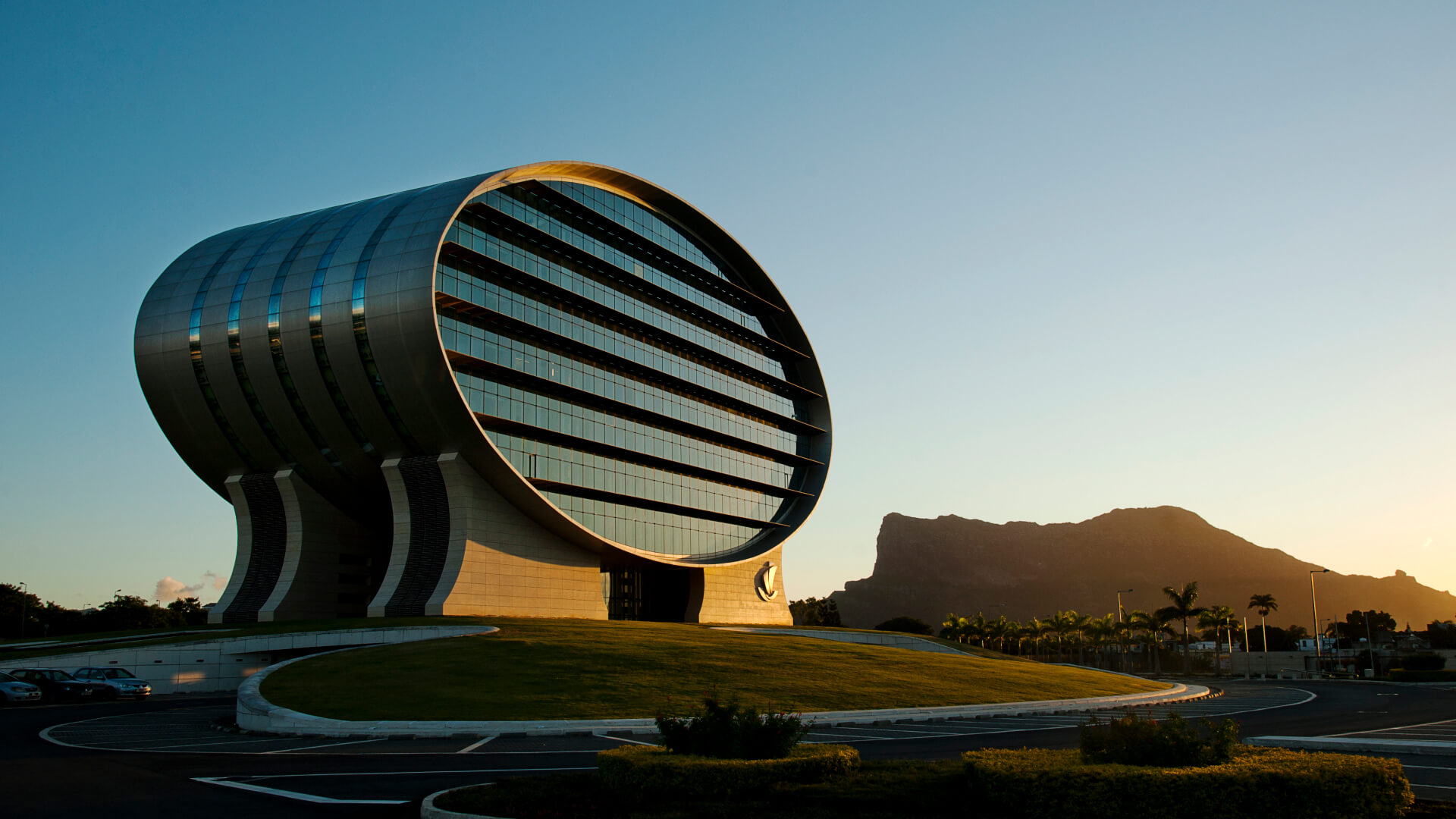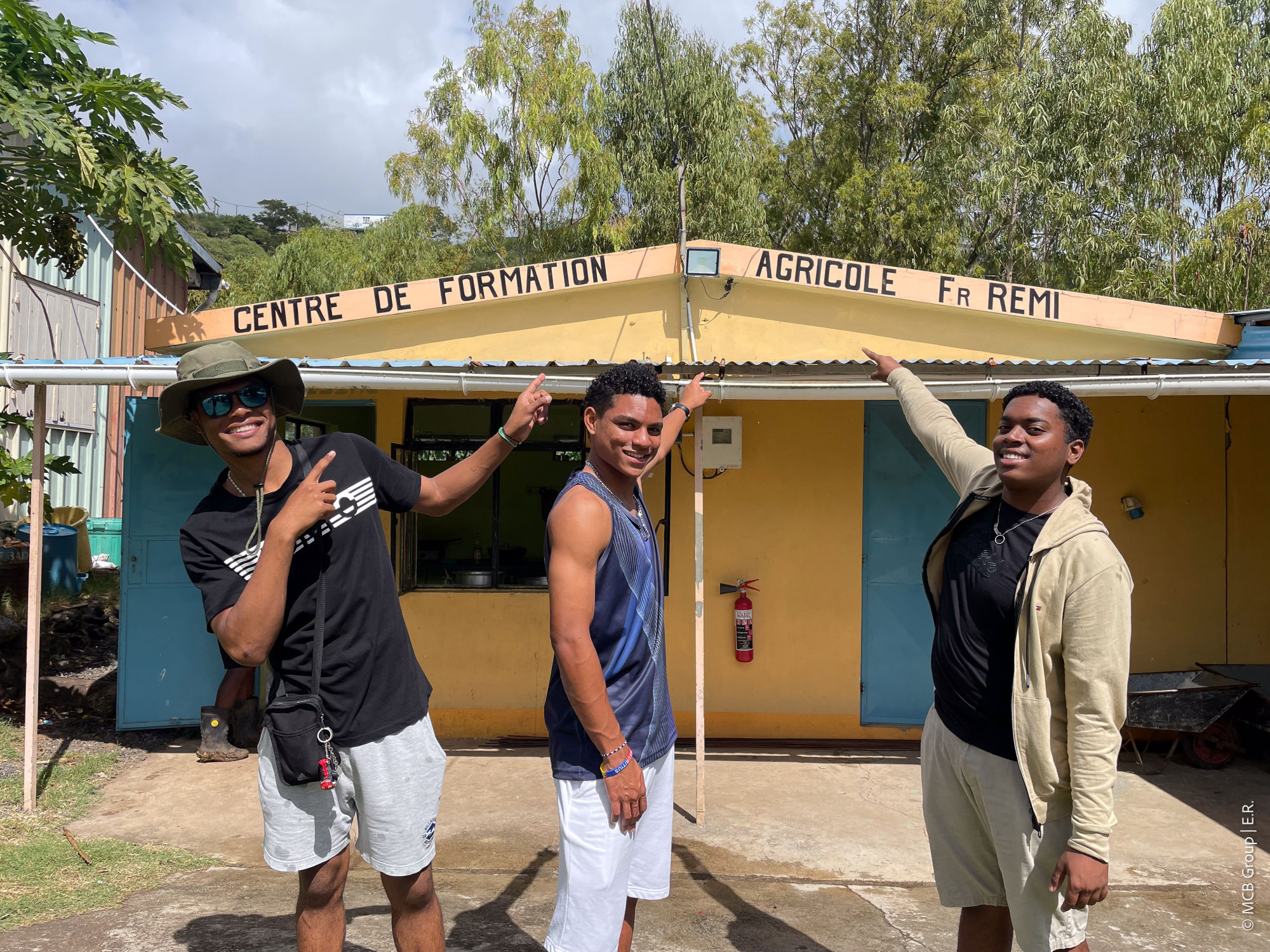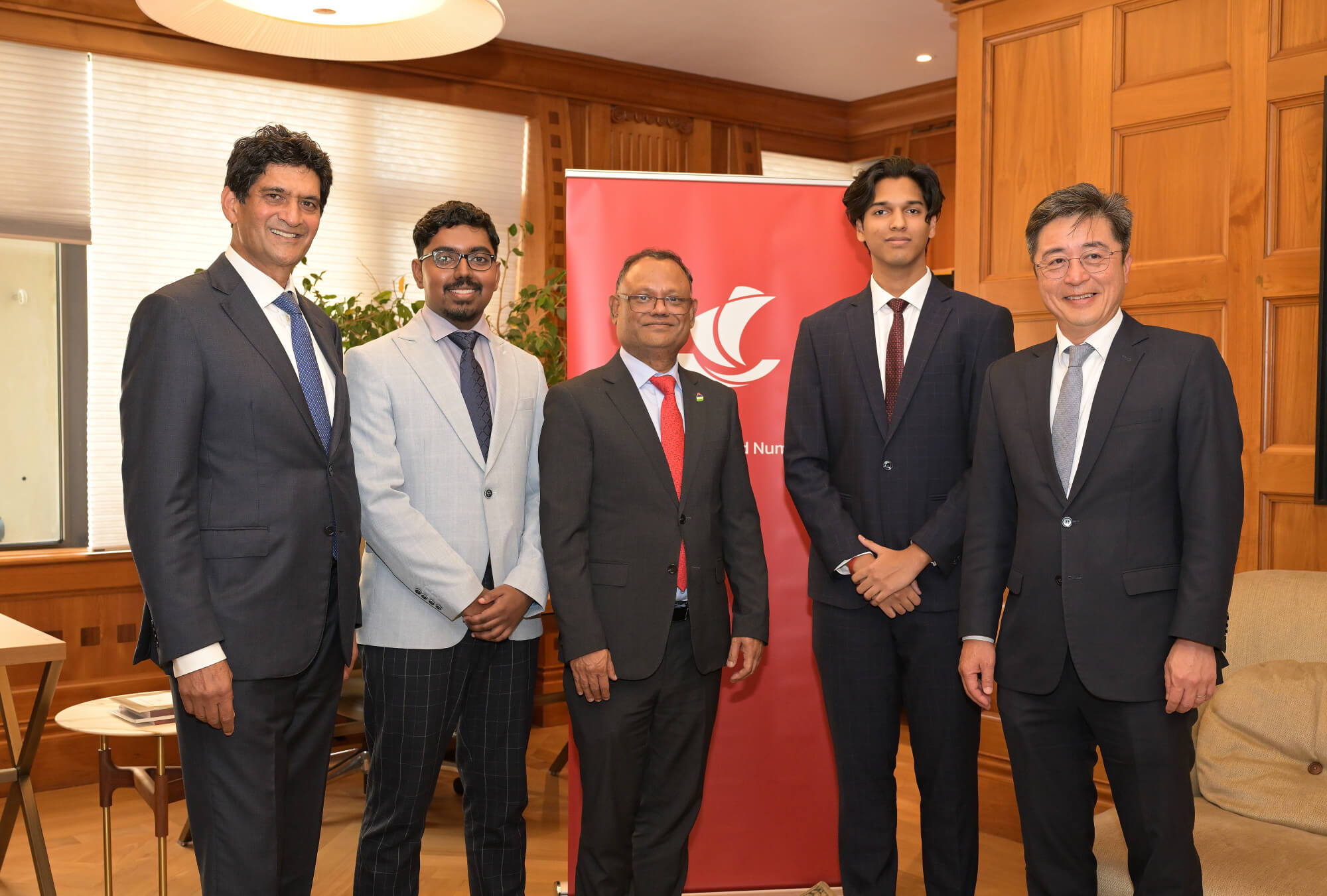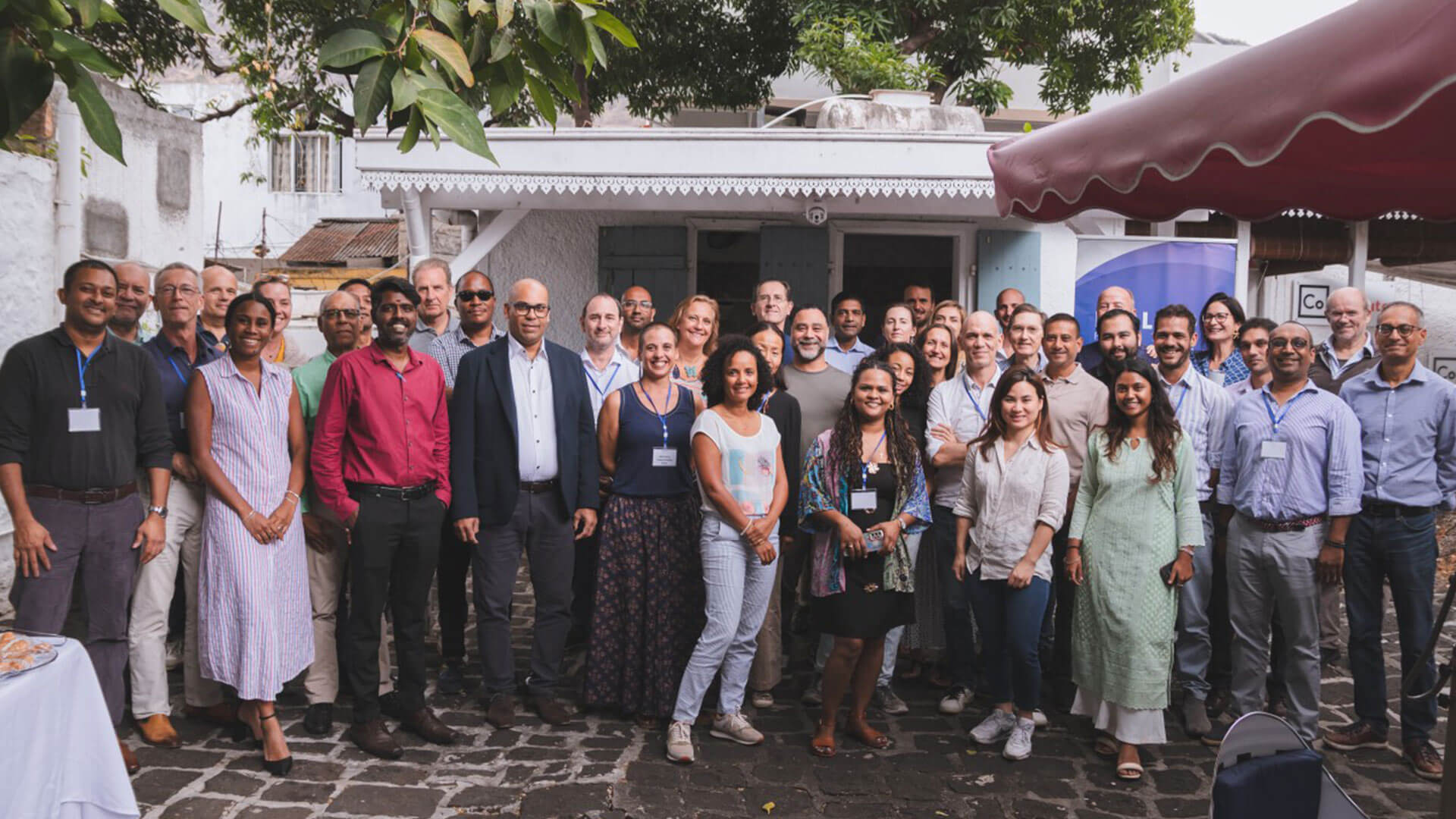- Home
- Investors Centre
- Sustainability
- Talent
- News
- Insights
- TH!NK
- Corporate Governance
- Company Profile
- Board of Directors
- Community
- MCB Offices
Contact Info
Adaptation finance: A fairer way to face the climate challenge
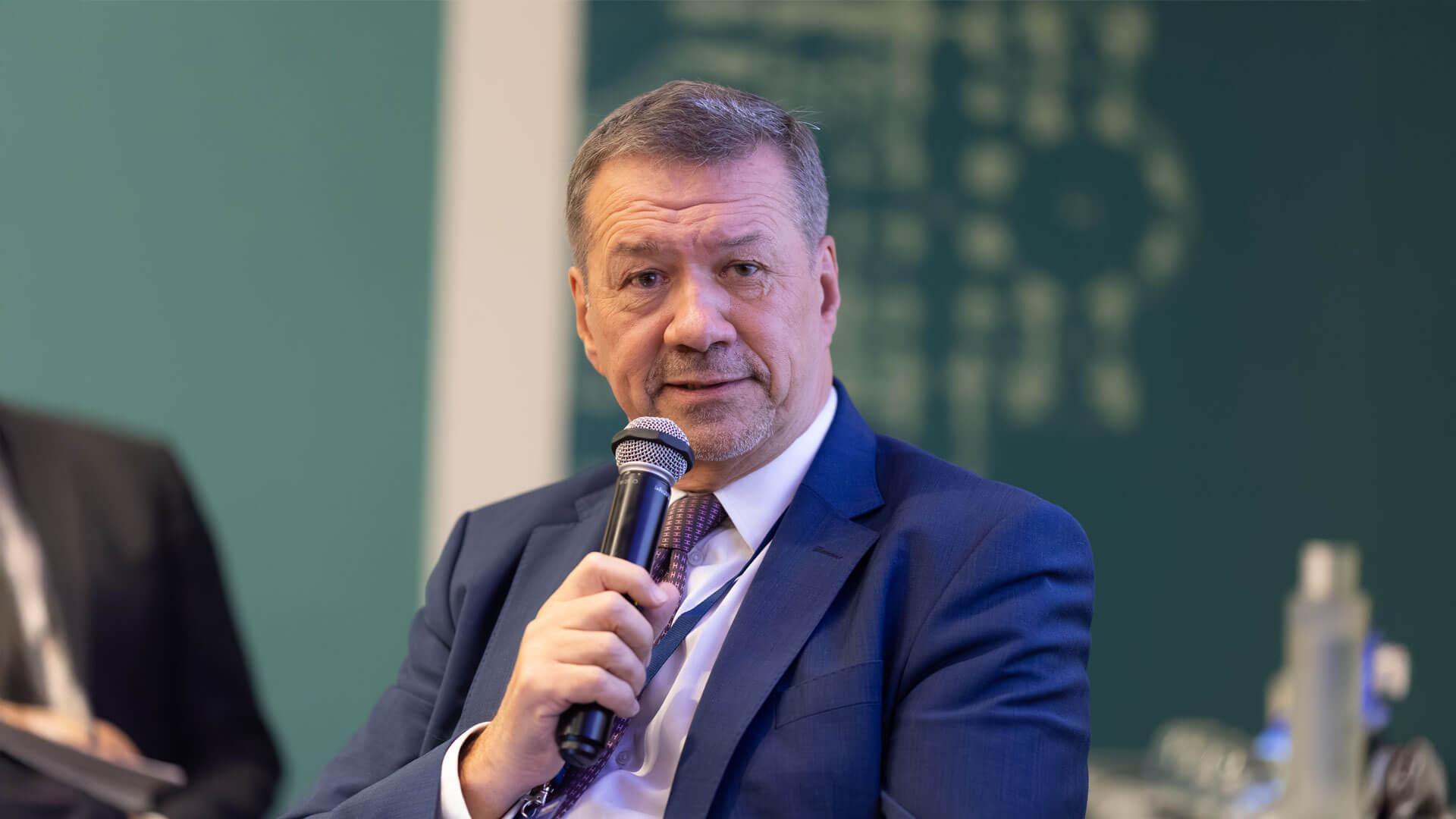
At the Proparco Days: Leaders for Climate Finance, held in Paris on 2–3 October 2025, Thierry Hebraud, CEO of MCB Ltd, delivered the closing note for the session “Making Adaptation Finance a Business Opportunity.” In his remarks, he highlighted the urgency of embedding fairness and equity within the global climate agenda and the critical role financial institutions can play in shaping a more resilient and inclusive future.
“As we close this session, I want to return to a fundamental point: adaptation finance is about fairness and equity within the climate agenda. Conversations globally rightly emphasize decarbonization, as emissions do need to drastically decrease. But if that is all we focus on, we will leave behind the people and places most exposed to climate shocks, that is, small island states like Mauritius and emerging economies across Africa,” Thierry stated. He added that since Africa emits only 4% of global greenhouse gases, its focus must be on adaptation together with low-carbon development rather than decarbonization. “Adaptation finance is about making sure those already facing the social, environmental, and economic consequences of climate change are not left behind. It’s how we embed fairness into climate action, about safeguarding livelihoods, health, and ecosystems now.”
In Mauritius, a Small Island Developing State, the effects of climate change are not abstract. Rising sea levels, stronger cyclones, flash floods, droughts, and heat waves are becoming more frequent and intense. “The water is rising faster than the global average,” Thierry noted. “In Port Louis, sea level has risen by about 4.7 mm per year since 1987, outpacing global figures. This translates into saline intrusion, lost beaches, and higher flood risks for homes and infrastructure.” He reminded that coastlines drive the Mauritian economy, with tourism accounting for roughly 20% of GDP, when indirect effects are included.
In Africa, adaptation needs are estimated at USD 579 billion through 2030, while tracked flows averaged only USD 11.4 billion per year in 2019–2020. “Financing near-term adaptation is not only an environmental necessity but a business imperative,” Thierry emphasised. “At MCB, we are trying to do our part. Through our Sustainable Finance Framework and products like the Sustainable Loan, we are channelling capital into resilient infrastructure, sustainable agriculture, and water management, projects that make our economy stronger, safer, and fairer.”
“Adaptation finance, being less straightforward than mitigation finance, has to catch up. The financing of climate adaptation must be seen as an opportunity for the private sector, not only a responsibility.” Thierry said.
He concluded, “If we succeed, we will protect vulnerable communities, stabilise economies, and create a foundation for growth that is both sustainable and equitable. The private sector can and must play a central role in this story. And as we move forward, let’s remember that we are all still learning.”
Subscribe to our Email Alerts
Stay up-to-date with our latest releases delivered straight to your inbox.
Contact
Don't hesitate to contact us for additional info
Email alerts
Keep abreast of our financial updates.





